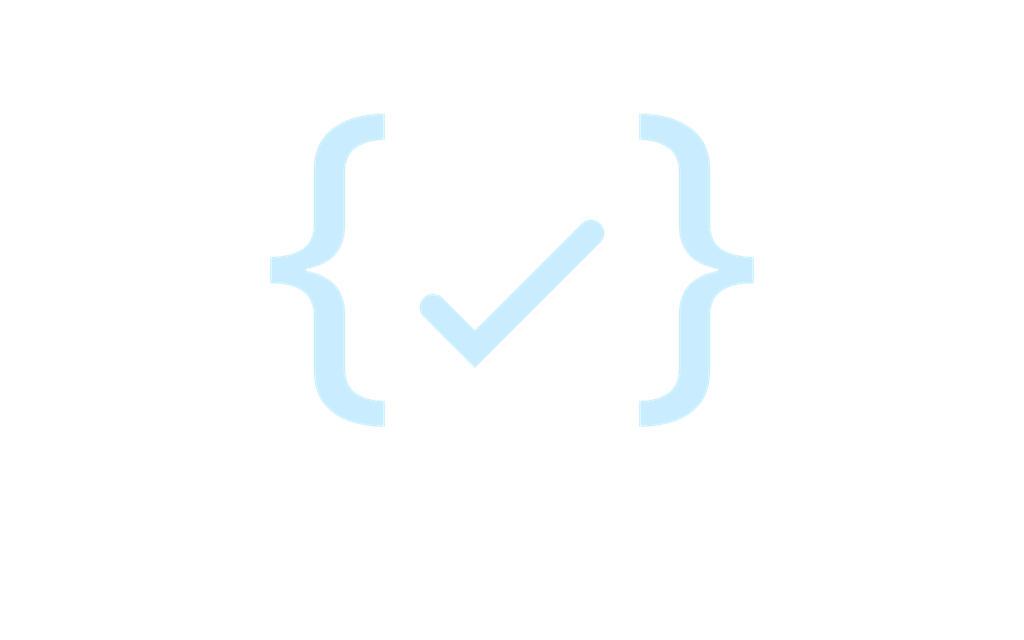Standardized coding and identifiers
The harmonized representation of health indicator and product codes for interoperability from data collection to data dissemination.
Health indicators are given official codes to aid with identification and interoperability. Many of these codes are based upon different coding principles with some older indicators referencing legacy systems and programmes that were relevant at the onset of data collection, but are no longer in existence today.
Through the preparatory work of data.who.int, and its commitment to data being accessible and understandable, a new, long-term coding approach of Universally Unique Identifiers (UUIDs) is being introduced; producing a long-term, consistent expression for health indicators, with codes ensuring representation is standardized and expressed throughout the entire data journey, within data tables, files, metadata and published assets for sharing and citation.
Features
Unique representations
The coding approach ensures the longevity and uniqueness of persistent indicator identifiers while being mapped to historic codes, expressed in a common format for continuity and the consistent representation of codified meaning.
Interoperability
Historic and operational indicator codes are being mapped to unique UUIDs and URI codes, creating a robust foundation for interoperability with Member States, partners and external systems.

Objective
data.who.int is introducing canonical representations of health indicators; single, authoritative and expansive references for the breadth of the world's health data. This provides the opportunity for broader transformation where codes and systems are able to align and enable a harmonized format for tracking data from collection, through storage to dissemination and use by Member States and the wider health community.
This consistent, internationally-recognized, common format will build upon historic work and provide foundations for future opportunities, partnerships and the resourcing of Member States.
About data.who.int
An accessible, trusted and actionable source for the full breadth of the world's health data.
